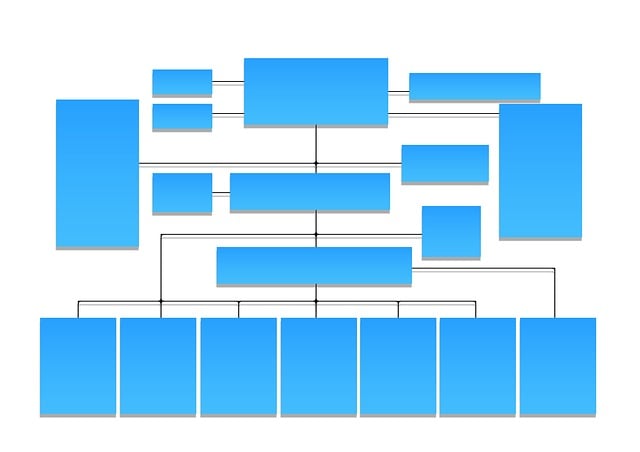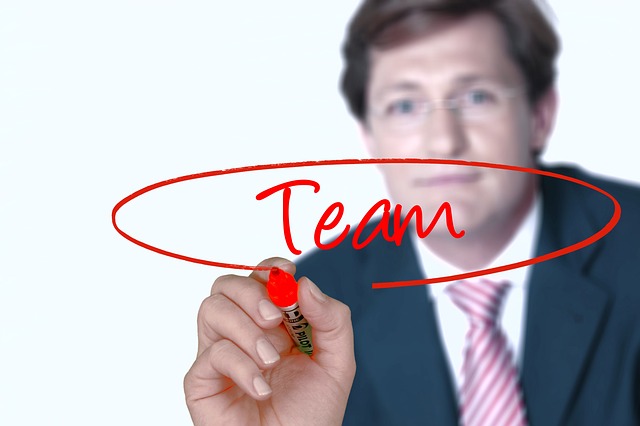Efficient repair coordination and dispute resolution in real estate are vital for property value preservation and tenant satisfaction. Utilizing digital platforms enhances communication, centralizes information, and enables real-time progress tracking, minimizing delays. Proactive dispute handling through transparent dialogue prevents escalations, saves resources, and builds trust in a competitive market, fostering positive relationships among tenants, managers, and landlords.
In the dynamic realm of real estate, efficient repair coordination and swift dispute resolution are key to maintaining property values and tenant satisfaction. This article explores strategic approaches to streamline repairs, offering practical advice on best practices for prompt dispute settlement. By delving into effective coordination techniques, you’ll gain insights to avoid common disputes, fostering a harmonious environment for all stakeholders in the real estate sector.
Efficient Repair Coordination Strategies for Real Estate

In the dynamic realm of real estate, efficient repair coordination is paramount for maintaining property values and tenant satisfaction. Effective strategies involve leveraging technology to streamline communication and project management. Digital platforms can facilitate seamless collaboration between landlords, property managers, and contractors, ensuring timely responses to maintenance requests. By centralizing information and tracking progress in real-time, these tools minimize delays and reduce the frustration often associated with repairs.
Moreover, efficient repair coordination includes proactive dispute handling. Promptly addressing tenant concerns through transparent communication fosters trust and enhances the overall living experience. Implementing clear protocols for documenting and resolving disputes can prevent escalations and promote a harmonious relationship between tenants and property management teams. This not only saves time and resources but also contributes to a positive reputation in the competitive real estate market.
Prompt Dispute Resolution: Best Practices in Real Estate

In the dynamic realm of real estate, prompt dispute resolution is paramount for maintaining harmonious relationships between tenants, property managers, and landlords. The key to effective conflict management lies in clear communication channels and swift action. When a dispute arises, whether it’s regarding maintenance issues or lease terms, immediate attention can prevent escalating tensions and potential legal complications.
Best practices involve establishing open dialogue from the onset. Property managers should encourage tenants to voice concerns promptly, ensuring all parties understand their rights and responsibilities. Implementing efficient communication tools, such as dedicated support hotlines or digital reporting systems, enables quick issue tracking and resolution. Moreover, having well-defined dispute resolution protocols in place, including clear timelines for responses, can significantly enhance the efficiency of handling disagreements, fostering a positive environment in the real estate sector.
Streamlining Repairs: Avoiding Common Disputes in Real Estate

In the real estate sector, efficient repairs and dispute resolution are key to maintaining property value and tenant satisfaction. Streamlining the repair process can significantly reduce common disputes. One effective strategy is implementing a centralized system for reporting and tracking maintenance requests. This ensures that all communication and progress are easily accessible, fostering transparency between tenants and management.
By digitizing repair coordination, real estate professionals can promptly address issues, set realistic expectations, and maintain open lines of communication. This proactive approach minimizes misunderstandings and conflicts, allowing for quicker resolution and happier tenants. Additionally, a well-organized system enables property managers to identify recurring problems, plan preventive measures, and allocate resources efficiently, ultimately enhancing the overall living experience.






